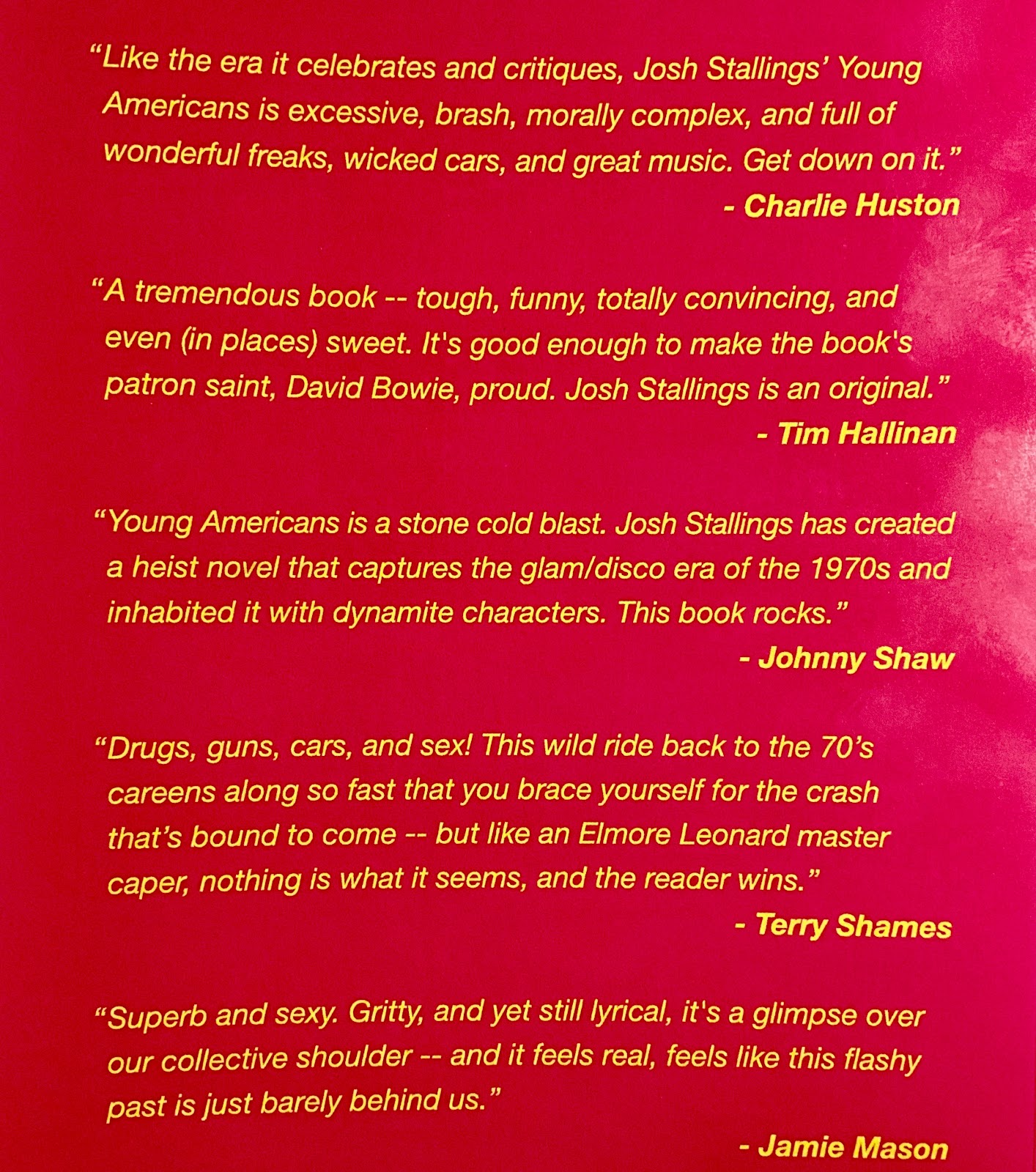As writers, we are often told that promotion – publicity and marketing – is half the game. Are you aware of other writers’ promo influencing you?
I was told this for a long time. And I do believe that publicity and marketing play a major role in the success of books. But now that I've been writing and publishing books, both fiction and non-fiction, since 2016 - I've come to realise that as an author, one has very little control over the kind of publicity that is needed to really push book sales. That kind of publicity and marketing requires either big budgets (of the kind that only publishers can pull off, or authors with very deep pockets) - or networks - with major bookstore chains, magazines, influencers (it's rare that an author can do this on their own). Either you get lucky with this, i.e. find a publisher that is willing and able to take this on for you - or you don't. An author can burn themselves out pushing social media, and have very little to show for it in terms of concrete sales.
What can an author do to influence readership? The best way to get readers is the authentic way - write a good story, hope that someone chances upon it through serendipity, and then tells others about the book - and so the word spreads. I absolutely love it when readers write in from far flung parts of the world to tell me that my books speak to them, and all writers love getting messages like that - that's what keeps us going. Independent bookstores and libraries are the keystone to getting readers like this to know about your book, and I am incredibly thankful to all the bookstores in Bangalore, and other cities across the world who have spread the word about The Bangalore Detectives Club series, as well as my non-fiction ecology books.
Libraries have been another amazing source of support for me, and I couldn't be more grateful. Dozens of libraries across the US and Canada who have featured my books on their reading lists and at book club events, and it's always a thrill to come across one of these, either through a photograph sent by a reader, or an online event listing. But there's little I can do to influence this proactively, especially since I don't live in either of these two countries - I can only track it and be grateful that the word is spreading, organically.
Am I aware that of other writers' promos? Yes of course - especially on social media. I used to track a lot of writers and see what strategies they deployed - which magazines featured their work, what podcasts they spoke on, and what strategies they used - newsletters, Medium, Substack, youtube videos etc. But I'm also now well aware that social media fads come and go. Facebook, once used by so many authors to communicate with readers, seems to be less popular these days, at least with certain demographics. X is an emptying space. Bluesky seems popular now, but who knows how things will go there. I use LinkedIn for my academic work, but it's certainly not a social media space for fiction writers to connect with readers. Bookstagram seems as popular as ever, but also increasingly getting consolidated in the hands of a few, and more commercialized than before. So... what's a writer going to do?
I can't remember where I read this, and it's certainly not my quote - so please forgive me for mentioning it without proper attribution. But I read this on a popular author's site some time back, and it's stayed with me - the best way for a writer to get more readers is to write more books!
It makes sense - but also, more importantly, it's the path I want to take. I came to writing, as most of us do, because something inside compelled me to put words onto paper, and I had to write, otherwise I would implode with the weight of the words within me pressing down on my mind. I write because I want to, but also because I have to. I didn't come to writing because I was thrilled at the idea of book promotion - few of us are. I'd much rather write books - and the occasional blog post, like this one!

















.png)



